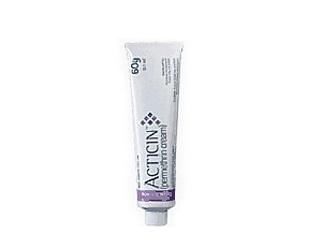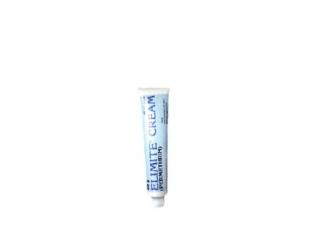Scabies and lice are two common parasitic infestations of the skin, each caused by different organisms and presenting with distinct symptoms. Here’s a brief overview of each:
Scabies:
Cause: Scabies is caused by the Sarcoptes scabiei mite, a tiny parasite that burrows into the skin, laying eggs and triggering an allergic reaction that leads to intense itching and a pimple-like rash.
Transmission: Scabies is highly contagious and is usually spread through close personal contact with an infected individual, such as during sexual activity or by sharing bedding, towels, or clothing.
Symptoms: The main symptom of scabies is severe itching, especially at night, which can worsen with scratching. The rash typically appears as small, raised bumps or blisters in the folds of the skin, such as between the fingers, on the wrists, elbows, armpits, genitals, and buttocks.
Treatment: Scabies is typically treated with topical medications containing permethrin (such as Acticin) or oral medications like ivermectin. Treatment usually involves applying the medication to the entire body from the neck down and leaving it on for a specified time before washing it off.
Lice:
Types: There are three main types of lice that infest humans: head lice (Pediculus humanus capitis), body lice (Pediculus humanus corporis), and pubic lice (Pthirus pubis or crab lice).
Transmission: Lice are usually spread through close personal contact or by sharing personal items such as combs, brushes, hats, clothing, or bedding with an infested individual.
Symptoms: The primary symptom of a lice infestation is itching, which is often most noticeable on the scalp, neck, and behind the ears in the case of head lice, or in the pubic area in the case of pubic lice. Small, red bumps or sores may develop from scratching.
Treatment: Lice infestations are typically treated with over-the-counter or prescription medicated shampoos, lotions, or creams containing insecticides such as permethrin or pyrethrin. Treatment involves thoroughly applying the medication to the affected area(s) according to the product instructions and removing lice and nits (eggs) with a fine-toothed comb.
Both scabies and lice infestations can be effectively treated with appropriate medications and measures to prevent spread to others. It’s essential to follow the instructions provided by healthcare professionals and to complete the full course of treatment to ensure eradication of the parasites.





